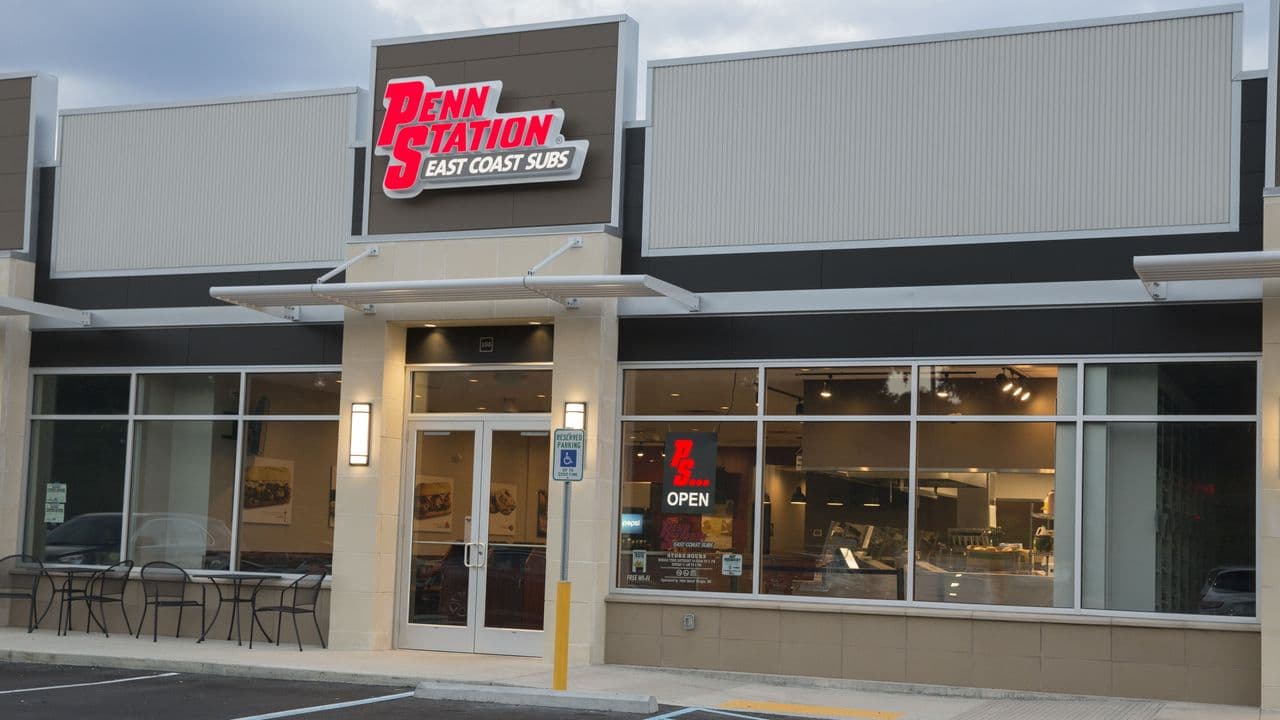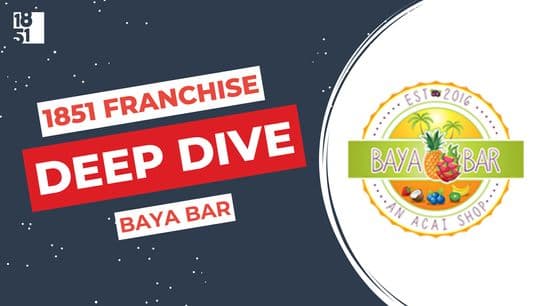Penn Station Seeks Multi-Unit Franchise Operators in Key Markets
The grilled-sub franchise brand has opportunities for large-scale growth in Pittsburgh, Richmond, Kansas City, and Nashville
Penn Station East Coast Subs franchisees currently operate more than 300 units across 15 states. Many of those locations are owned by multi-unit operators who have built small empires with the brand, and there are still a number of established markets that have room for major multi-unit development.
Pittsburgh, Richmond, Kansas City and Nashville are markets where Penn Station benefits from an existing presence and at the same time, offers the brand and potential franchisees substantial room for growth. That’s a rare combination in the franchise world, and according to Penn Station Director of Development and Franchising Greg Goddard, it’s a potentially lucrative opportunity for new owners.
“These are areas that are concentrically located outside of our most established markets, which provides a number of benefits for owners,” Goddard said.
Most of those benefits are logistical, such as access to our distribution network, existing vendors, suppliers and operational support, but neighboring Penn Station territories also provide brand awareness, a valuable feature for any developing market.
“There is an existing and underserved customer base in these markets,” Goddard said. “That’s a big opportunity for someone who wants to come in and build and grow restaurants in an underdeveloped market.”
A new Penn Station franchisee who enters into an open market and gradually and methodically builds a significant number of stores wouldn’t be the first. Franchisees in Dayton, Indianapolis, Louisville, and Lexington operate nearly 70 restaurants between four of them, each staking claim to the lion’s share.
Don Robinson, an 18-unit Penn Station owner in Louisville, says scaling up his operation in batches of four to five units at a time has allowed him to significantly increase his return on investment.
“In our concept, ROI is strongest when you add units in bundles,” Robinson said. “You can take advantage of the fixed overhead cost and see a high return on your initial investment at around four to five units, then you see a similar jump at eight to ten, ten to 15, and then 16 to 18, etc.”
That kind of growth is made possible by a streamlined operational model that allows owners to open and manage new restaurants without spending unnecessary time and money on training and infrastructure.
“Penn Station’s operational model encourages multi-unit growth with its simplicity,” Robinson said. “We have a simple menu: 14 sandwiches, fresh-cut fries, chocolate chunk cookies and hand-squeezed lemonade. That allows us to have a small kitchen and a slimmer crew than most concepts in the fast-casual industry. That leads to less management and a more lucrative bottom line, allowing us to scale up quickly and effectively.”
In addition to the financial upside, owning multiple restaurants in a market also provides greater operational freedom. By staking a greater share of stores within a market and by creating brand awareness, Penn Station owners avoid the need for a marketing co-op, a group of marketing franchisees who pool their local marketing dollars and vote on how the money should be spent. Co-ops are useful tools for smaller franchisees, providing more marketing options for a lower cost, but they can be restrictive for owners who want to be the key decision-makers of their local marketing.
“The ability to scale big in a market, which Don and some of our other owners have, is the ultimate goal,” Goddard said. “They don’t have a formal co-op per se, so they get to make all of the decisions regarding how their marketing dollars are spent, and because they’ve signed multi-unit letters they don’t have competition for growth in their territory.”
According to Goddard, the Pittsburgh, Richmond, Kansas City and Nashville markets are well positioned for the right franchisees to emulate the success of Penn Station’s largest multi-unit owners in Louisville, Lexington, Dayton, and Indianapolis.
“The most experienced and sophisticated multi-unit operators are looking for an ability to scale, and that’s what these markets provide,” Goddard said.













